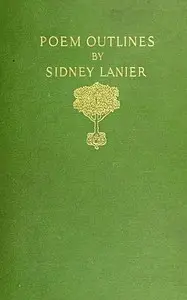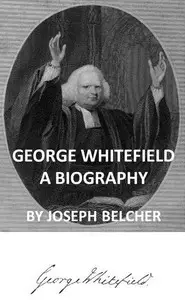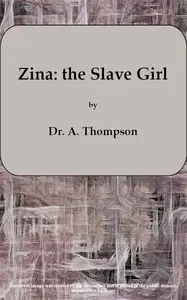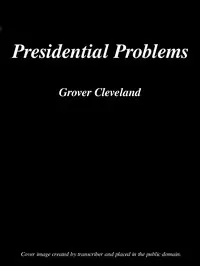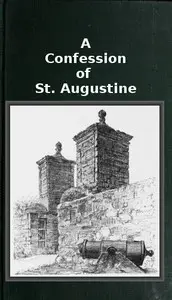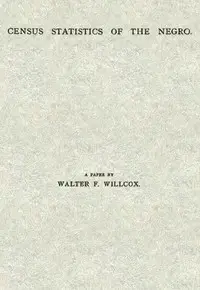"The Poems of Sidney Lanier" by Sidney Lanier is a compilation of verses from the late 1800s that celebrates an American poet and scholar from Georgia. The volume showcases Lanier's diverse poetry, which examines nature, feelings, and how music and poetry connect, highlighting his love for both. Edited by his wife, the collection gains depth as it includes context about Lanier's life and journey as an artist. It begins by laying out Lanier's life story and shows his bond with music and the world around him. Personal stories share his hardships and successes as an artist, showing how his health impacted his creative work. The start explains his family history, musical interests, and how war stopped his schoolwork. Despite personal and societal challenges, his artistic passion shines, revealing a strong need for beauty and purpose as he connects with art and nature to express himself.

The Poems of Sidney Lanier
By Sidney Lanier
Experience the nature-infused verses of a 19th-century poet, a symphony of words reflecting his life, love for music, and innermost artistic yearning.
Summary
About the AuthorSidney Clopton Lanier was an American musician, poet and author. He served in the Confederate States Army as a private, worked on a blockade-running ship for which he was imprisoned, taught, worked at a hotel where he gave musical performances, was a church organist, and worked as a lawyer. As a poet he sometimes used dialects. Many of his poems are written in heightened, but often archaic, American English. He became a flautist and sold poems to publications. He eventually became a professor of literature at Johns Hopkins University in Baltimore, and is known for his adaptation of musical meter to poetry. Many schools, other structures and two lakes are named for him, and he became hailed in the South as the "poet of the Confederacy". A 1972 US postage stamp honored him as an "American poet".
Sidney Clopton Lanier was an American musician, poet and author. He served in the Confederate States Army as a private, worked on a blockade-running ship for which he was imprisoned, taught, worked at a hotel where he gave musical performances, was a church organist, and worked as a lawyer. As a poet he sometimes used dialects. Many of his poems are written in heightened, but often archaic, American English. He became a flautist and sold poems to publications. He eventually became a professor of literature at Johns Hopkins University in Baltimore, and is known for his adaptation of musical meter to poetry. Many schools, other structures and two lakes are named for him, and he became hailed in the South as the "poet of the Confederacy". A 1972 US postage stamp honored him as an "American poet".



